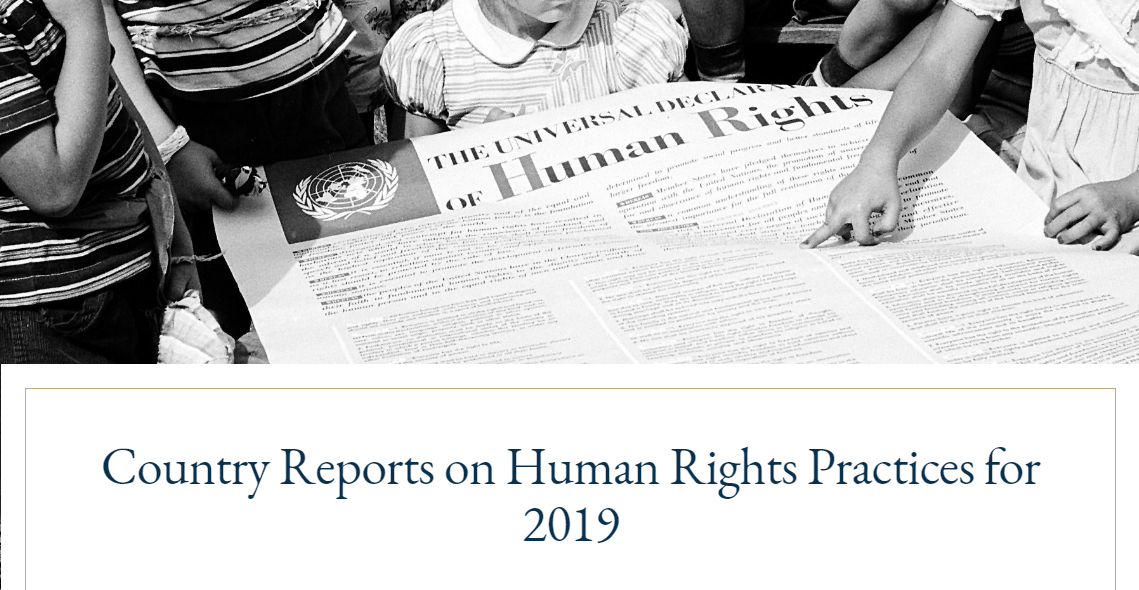TIRANA, March 12
The US has released the annual Human Rights report on Wednesday, detailing records of countries around the world. For Albania, the report highlighted: “Significant human rights issues included restrictions on free expression and the press, including the existence of criminal libel laws, and pervasive corruption in all branches of government and municipal institutions.” Moreover, it adds that impunity remained a serious problem, although the government made greater efforts to address it. Prosecution, and especially conviction, of officials who committed abuses was sporadic and inconsistent. Officials, politicians, judges, and persons with powerful business interests often were able to avoid prosecution.
The report provides details on seven different sections. Below, are a few insights on the situation with worker rights, media freedom, and
Worker Rights
The law and related regulations and statutes provide the right for most workers to form independent unions, conduct legal strikes, and bargain collectively. The law provides limited protection to domestic and migrant workers. Labor unions were generally weak and politicized. Government enforcement of the law remained largely ineffective, in part due to the extent of informal employment. Resources for conducting inspections and remedying violations were not adequate. Penalties were rarely enforced and therefore insufficient to deter violations.
While the law establishes a 40-hour workweek, individual or collective agreements typically set the actual workweek. The law provides for paid annual holidays, but only employees in the formal labor market had rights to paid holidays. Many persons in the private sector worked six days a week. The law requires rest periods and premium pay for overtime, but employers did not always observe these provisions. The government rarely enforced laws related to maximum work hours, limits on overtime, or premium pay for overtime, especially in the private sector. These laws did not apply to migrant workers or workers in the informal sector, which made up 36 percent of the economy, according to the Western Balkans Labor Market Trends 2019 report.
The SILSS is responsible for occupational health and safety standards and regulations, and while these were appropriate for the main industries, enforcement was lacking overall. Working conditions in the manufacturing, construction, and mining sectors frequently were poor and, in some cases, dangerous.
Violations of wage and occupational safety standards occurred most frequently in the textile, footwear, construction, and mining industries. Resources and inspections were not adequate, and penalties were insufficient to deter violations, because law enforcement agencies lacked the tools to enforce collection and consequently rarely charged violators.
Workers often could not remove themselves from situations that endangered their health or safety without jeopardizing their employment. Employers did not effectively protect employees in this situation.
Media
There were reports that the government, business, and criminal groups sought to influence the media in inappropriate ways. Business owners freely used media outlets to gain favor and promote their interests with political parties. Most owners of private television stations used the content of their broadcasts to influence government action toward their other businesses. There were credible reports of senior media representatives using media outlets to blackmail businesses. Political pressure, corruption, and lack of funding constrained independent print media, and journalists reportedly practiced self-censorship. Economic insecurity due to a lack of enforceable labor contracts reduced reporters’ independence and contributed to bias in reporting.
More on the report findings: HERE
Source/Photo Credit: state.gov

Leave a Reply
You must be logged in to post a comment.